Search
Remove Ads
Advertisement
Search Results
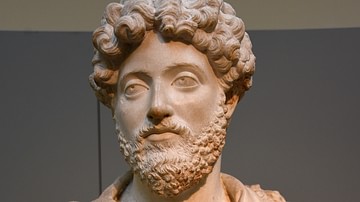
Definition
Roman Philosophy
Roman philosophy played a significant role in the growth and development of Western thought. While not involved directly in the development of original philosophical thought, Rome made significant contributions in two ways: by conveying Greek...
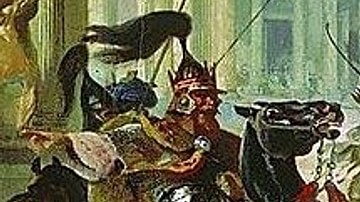
Definition
Vandals
The Vandals were a Germanic tribe who are first mentioned in Roman history in the Natural History of Pliny the Elder (77 CE). The Roman historian Tacitus also mentions them in his Germania (c. 98 CE), though he also refers to them as the...
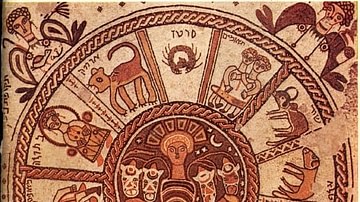
Definition
Western Astrology
Western astrology refers to a form of divination based on the motion of astronomical objects such as stars or planets. The belief that astronomical objects are divine or influence events on Earth is found in many cultures, but the practices...
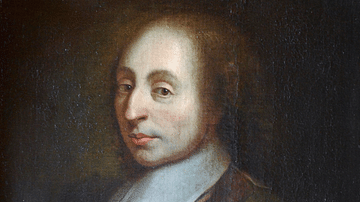
Definition
Blaise Pascal
Blaise Pascal (1623-1662) was a French scientist, mathematician, and philosopher whose work influenced both the Scientific Revolution and later European thought. Pascal is known for his practical achievements in science, such as a calculating...
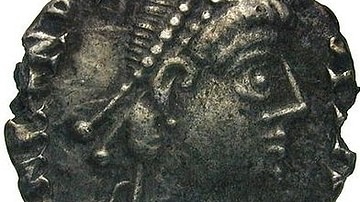
Definition
Gaiseric
Gaiseric (r. 428-478 CE, also known as Genseric and Geiseric) was the greatest king of the Vandals who remained undefeated from the time he took the throne until his death. He was probably born in 389 CE near Lake Balaton (present-day Hungary...

Definition
Alexandra David-Néel
Alexandra David-Néel (l. 1868-1969) was a world traveler, writer, and Buddhist spiritualist who wrote over 30 books on her journeys which took her 18,641.136 miles (30,000 km) around the world on foot or by various conveyances. Her works...
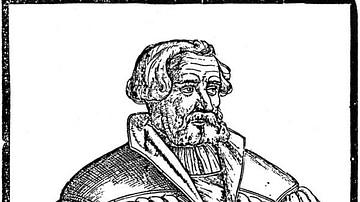
Definition
Andreas Karlstadt
Andreas Karlstadt (also given as Carlstadt, l. 1486-1541) was a reformer, theologian, and early supporter of Martin Luther (l. 1483-1546) in the movement that became known as the Protestant Reformation. Karlstadt was one of Luther's most...
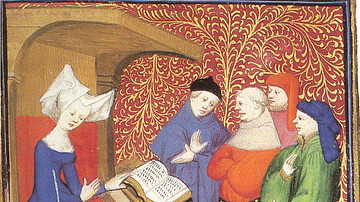
Definition
Christine de Pizan
Christine de Pizan (also given as Christine de Pisan, l. 1364 - c. 1430) was the first female professional writer of the Middle Ages and the first woman of letters in France. Her best-known works advocated for greater equality and respect...

Article
Constantine’s Conversion to Christianity
Constantine I (Flavius Valerius Constantinus) was Roman emperor from 306-337 CE and is known to history as Constantine the Great for his conversion to Christianity in 312 CE and his subsequent Christianization of the Roman Empire. His conversion...
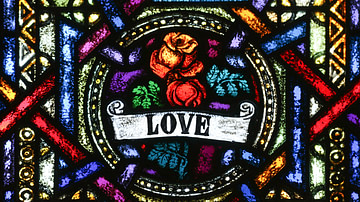
Article
LGBTQ in Early Christianity
In modern debates concerning homosexuality, same-sex marriages, and gender identification, it is popular to turn to the Bible for passages to validate a position. Modern culture attributes many elements in understanding homosexuality, but...